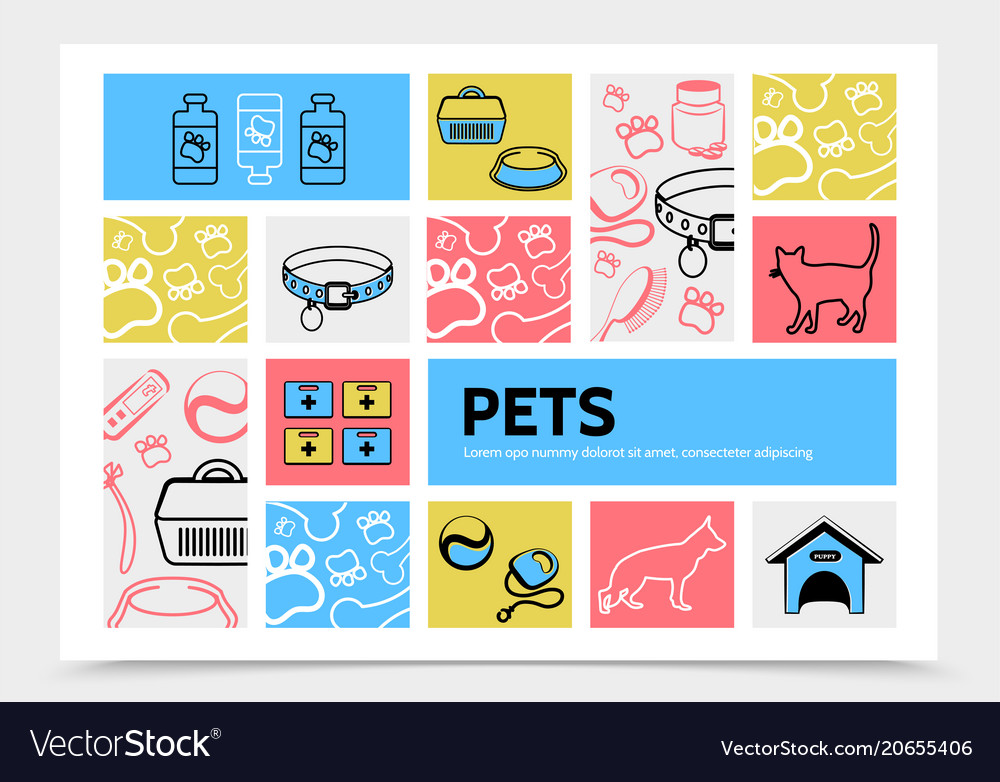How To Know If Dog Hates Daycare
How To Know If Dog Hates Daycare
Blog Article
Can Pet Daycare Cause Ailment?
Possibilities are that if your canine is regularly revealed to other dogs, even if they're effectively vaccinated, they may get back with some kind of ailment. Inoculations, regular vet examinations, and good health methods can minimize threat elements for infection and disease.
Stressed or anxious dogs can develop gastrointestinal problems and other health issues that are easily spread in between dogs. Establishing age constraints and behavior policies can assist guarantee that only healthy dogs enter your facility.
Distemper
Canine distemper is a serious and frequently fatal infection that strikes a pet's respiratory system, digestive, skin and immune systems. Pups are specifically susceptible and can get the condition via straight contact with a contaminated pet or with the airborne transmission of virus particles produced during coughing, sneezing or taking a breath.
The incubation duration for canine distemper is in between 3 and 7 days. While young puppies at day care may seem to capture parvo from one more contaminated canine, it's unlikely since the incubation period is so brief.
While there is no treatment for canine distemper, helpful care can help dogs recoup. This consists of liquids, prescription antibiotics and medicines to manage seizures. The Drake Center for Vet Treatment notes that signs include runny eyes and nose, diarrhea, throwing up, anorexia nervosa and neurological issues such as twitching and tremors. Pups need a full inoculation collection and yearly boosters to protect them versus this condition, which is why credible doggy daycare facilities need up-to-date vaccinations.
Kennel Coughing
Kennel Coughing (Dog Infectious Tracheobronchitis) is a very infectious upper respiratory problem triggered by germs and viruses. It spreads out with airborne beads from a coughing or sneeze, direct contact, and sharing of infected items such as toys or water bowls. It is endemic in position where lots of dogs are housed close together, such as kennels, pet parks, brushing beauty parlors and shows. Numerous injections are available to shield versus the pathogens that create kennel coughing, and proper health practices can aid stop infection.
The classic symptom is a completely dry, hacking cough comparable to that of a goose honk, and a lot of dogs recoup with little intervention. Nonetheless, serious cases can bring about pneumonia, and young puppies or dogs with pre-existing ailment are at greater danger for complications. To quicken healing, use a harness rather than a collar while your dog is recouping to avoid irritability to the windpipe. A humidifier may additionally assist to dampen the air and stop dry coughing.
Parvovirus
Parvovirus (CPV) is a severe disease in pet dogs. It is similar to feline panleukopenia (feline distemper), however it's far more dangerous and can spread out rapidly amongst pets due to its very resistant nature.
This infection attacks the digestive cellular lining of a dog, ruining it and causing germs to slough off right into the bloodstream. The damaged immune system and frustrating bacteria cause septic shock, which is generally deadly.
Fortunately, vet hospitals use effective therapy for parvovirus. These medications are provided straight into an individual's bloodstream and targeted in the direction of the details stress of parvovirus. This therapy method is extremely reliable and helps re-train the immune system to combat off the infection. Pets with severe signs are often hospitalized for a number of days for surveillance and intensive like guarantee their survival. Puppies, unvaccinated pet dogs and pets with weak immune systems are especially at risk to parvovirus. This is particularly real for pups born to stray mommies and shelter atmospheres, where they are revealed to many other unwell and vulnerable canines.
Pooch Influenza
Dog flu (CIV) is a transmittable respiratory illness that can be brought on by dogs sharing polluted surface areas or straight contact with respiratory secretions. CIV spreads quickly in settings where there are high varieties of canines, such as canine parks, day cares, brushing centers and veterinary centers.
Contaminated pets shed the virus with aerosol respiratory system beads when coughing or sneezing, and may contaminate items they enter contact with like cages, playthings, food bowls, chains and the hands and clothing of people that manage them. Dogs can also be "silent providers" spreading out the infection without showing any symptoms themselves.
Signs of canine flu consist of nose and eye discharge, cough, fever, loss of appetite, and weakness. The infection can advance to pneumonia, best dog boarding which can be deadly in some pets. PCR viral screening is available for confirmation of infection. Ideally, samples (normally deep nasal or pharyngeal swabs) for PCR screening need to be accumulated within four days of the onset of medical indications.